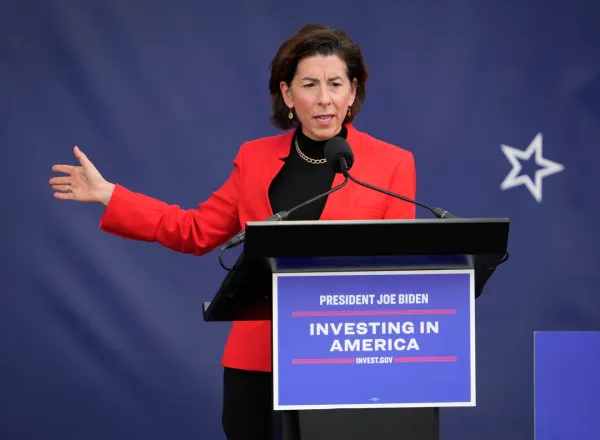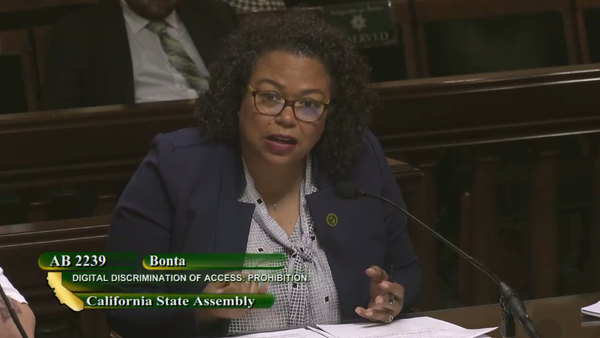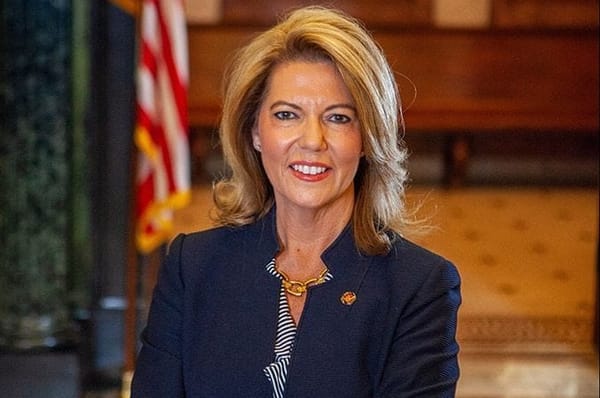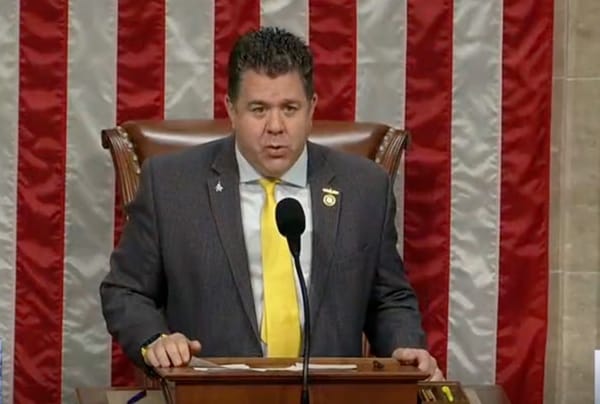Supporters of Section 230 Agreed About Concerns, But Counterarguments Dominated Panel Discussion
February 13, 2021 – With many current proposals to revise Section 230 of the Communications Decency Act, supporters of the landmark internet law on Tuesday discussed how new proposals could heavily interfere with the First Amendment. The general angst about how people are using the internet badly, c
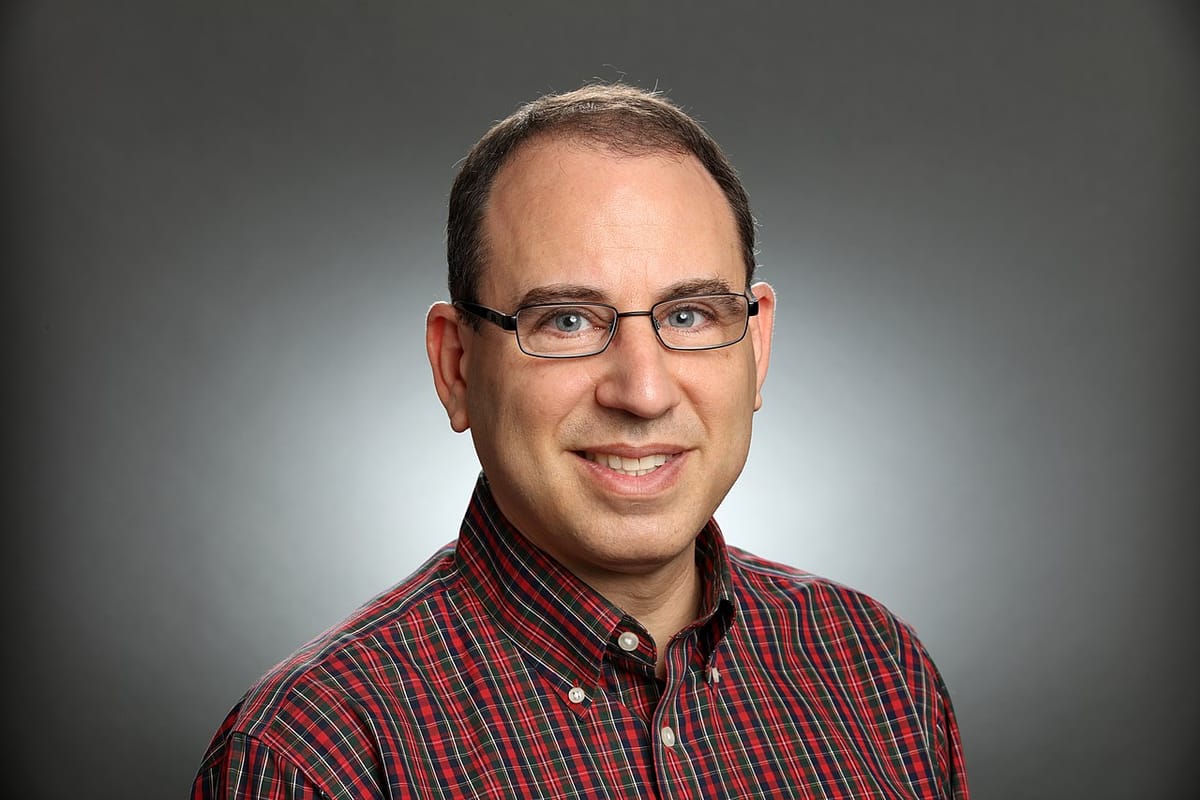
February 13, 2021 – With many current proposals to revise Section 230 of the Communications Decency Act, supporters of the landmark internet law on Tuesday discussed how new proposals could heavily interfere with the First Amendment.
The general angst about how people are using the internet badly, coupled with rising politicization and online hate speech have given advocates for change an upper hand. But Cathy Gellis, a tech law expert and Section 230 specialist, said that advocates for charge are overlooking how Section 230 has worked to the benefit of users.
“In some degree, we are reacting to some very real problems, but we’re not necessarily reacting with the appropriately nuanced analysis of what is really the root cause of concerns,” said Gellis, speaking at an event of the progressive American Constitution Society for Law and Policy.
During the meeting, which was hosted by the chapter of the organization at Santa Clara Law School, the discussion centered heavily on how future changes to Section 230 might diminish users’ speaking power and create unnecessary conflict.
Gellis insisted that these issues need to be analyzed with caution and consider users’ perspectives on the operation of social platforms.
Eric Goldman, associate dean at the law school, and co-director of the High-Tech Law Institute there, raised the concerns of some elected officials. He agreed that there are bad things that happen on the internet due to the outsized influence of overly-capitalized big tech platforms in the digital space.
Yet Goldman said that the entire critique of Section 230 has a severe structural problem: Critics of Section 230 have bought into the idea that big entities censor governments when they impose speech restrictions on how people talk to each other on the platforms. The truth, he said, is the reverse: “The First Amendment exists to keep it so that the government or big tech companies can’t use their power to keep citizens from being able to talk back to people in power.”
“Not having a regulatory system that prevents intermediaries from adopting policies, where a content-based discrimination is sharply limited, allows the internet to be user friendly,” agreed David Greene, civil liberties co-director of the Electronic Frontier Foundation, which has championed Section 230 for more than 25 years.
Cutting Section 230 would injure the First Amendment and the power of speech, he said, and make web sites lack user-friendly policies.
It is still unclear how the changes of Section 230 will enhance connectivity, he said. Whether the platforms are doing a good job or not, there is still and always will be the question of more or less moderation of content.


